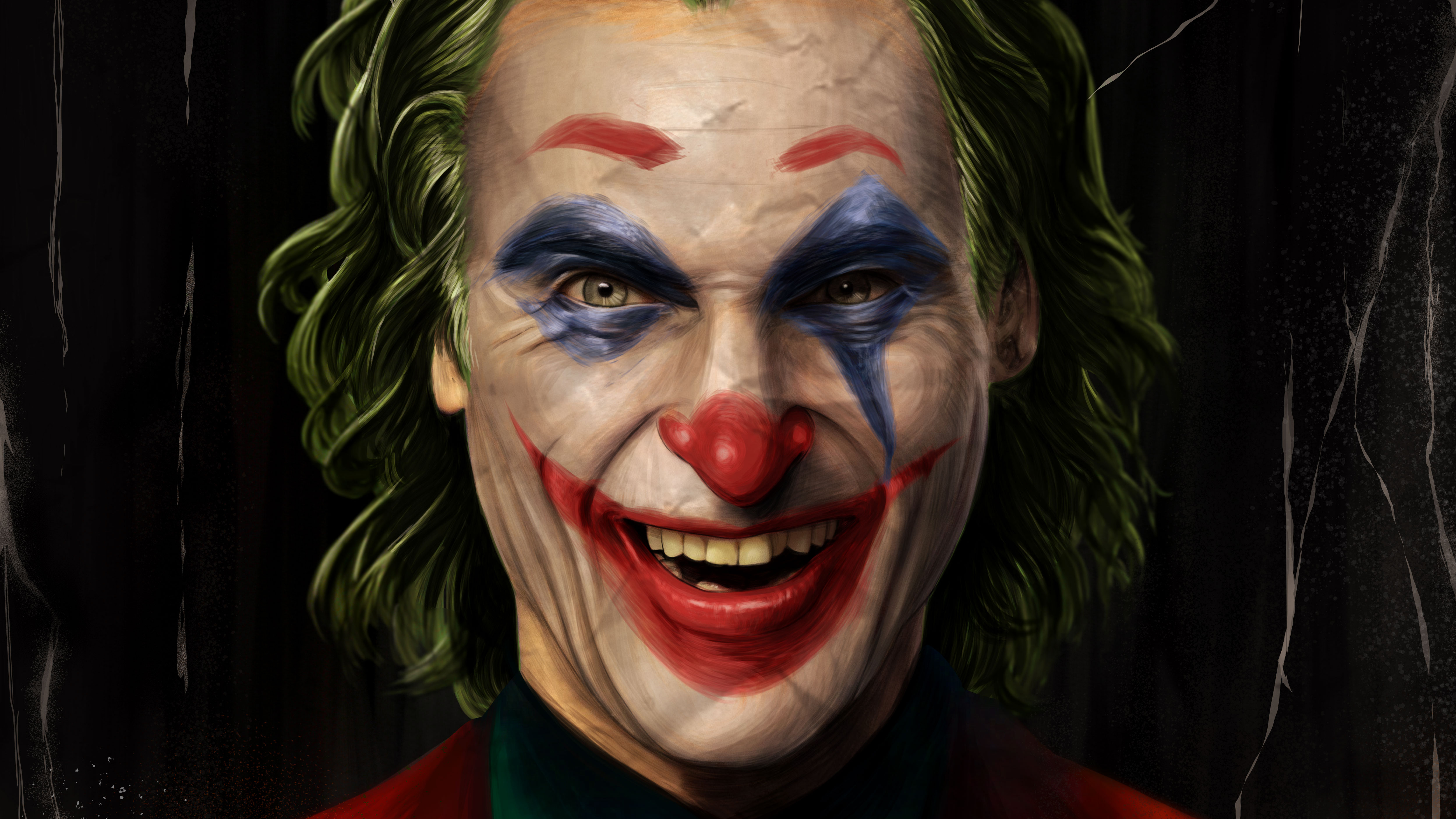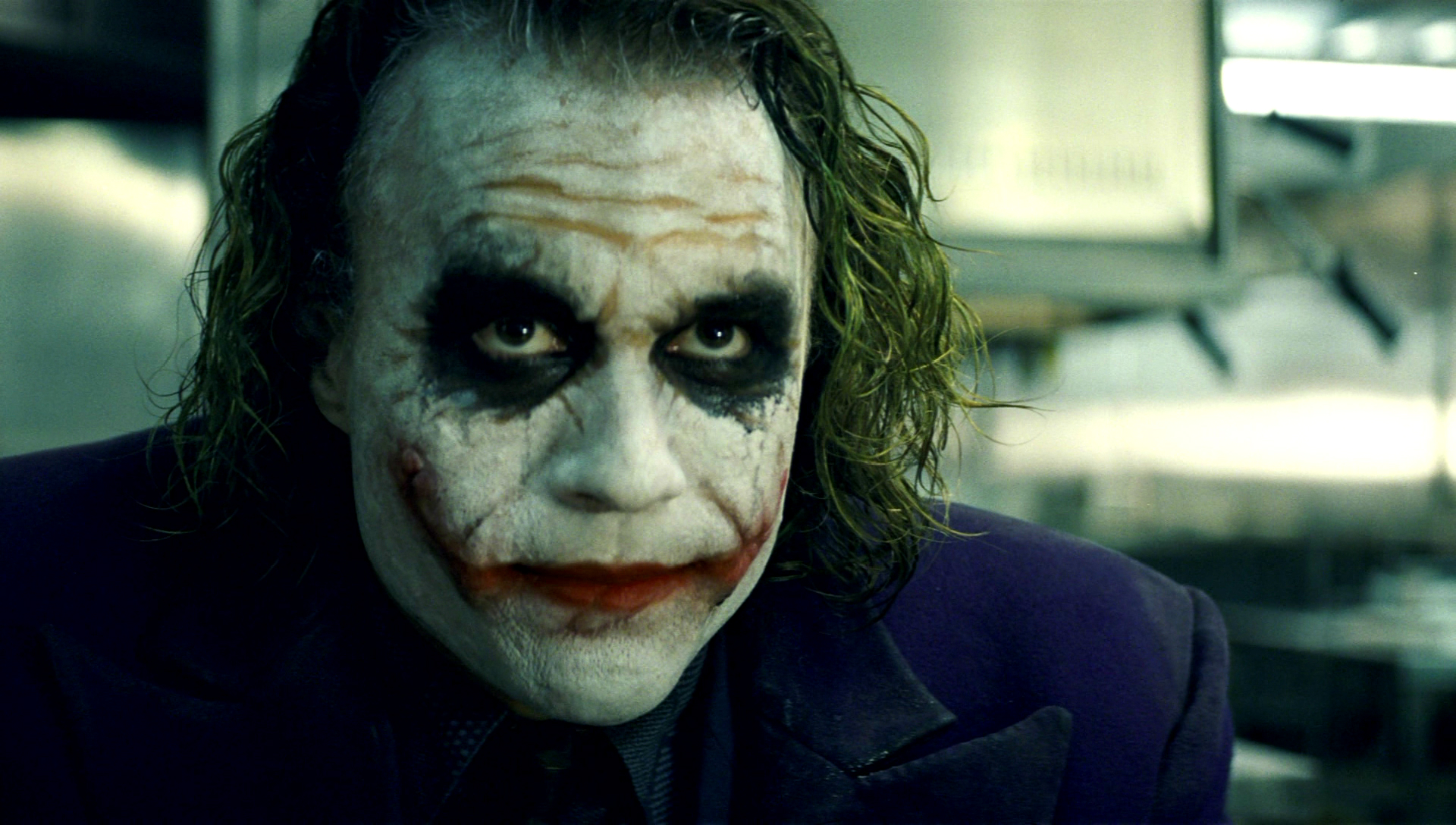Unpacking The 'Joker Horse': Wild Cards, Unsung Heroes, And Unexpected Turns
Have you ever thought about something that just comes out of nowhere, completely changing the game? You know, like a surprise winner, or that one element that just flips everything on its head? That, in a way, is a bit like what we're talking about when we think about the "joker horse." It's a rather interesting idea, isn't it? It combines the wild, unpredictable nature of a joker with the unexpected strength of a horse that suddenly pulls ahead.
This whole concept, you see, it really makes you think about hidden potential and surprising shifts. It’s not just about a card or a character; it's more about that powerful, often overlooked force that can reshape what's happening. We often tend to overlook things that don't fit into our neat little boxes, but sometimes, those are the very things that hold the most surprising influence.
Today, we're going to explore this intriguing idea, pulling threads from popular culture, card games, and even ancient history. We’ll look at how the "joker" itself carries so much more meaning than just a simple clown, and how, when paired with the idea of a "horse," it points to something truly powerful and unexpected. So, let's just get into what makes this "joker horse" such a fascinating topic, really.
Table of Contents
- The Joker: More Than a Clown
- The Movie 'Joker': A Cultural Phenomenon
- Balatro: The 'Joker Card' Game That Took Over
- Connecting the Dots: The 'Joker Horse' Unleashed
- Frequently Asked Questions About The Joker
The Joker: More Than a Clown
When you hear the word "joker," what first comes to mind? For many, it's that iconic character from the comics, or maybe a circus performer with a painted smile. But, you know, the word carries so much more weight and history than just that. It's actually a pretty complex term with layers of meaning that have evolved over time. It's not just a simple label, really.
The Joker as an Ace or Trump Card
Interestingly enough, in the world of cards, the "joker" has another very important meaning. As a matter of fact, it can be the "Wangpai," which means "ace" or "trump card" in Chinese. This is a powerful card, one that can change the outcome of a game, often acting as a wild card. When someone, you know, who was just trying to please others, suddenly wakes up and stops acting like a mere clown, they might just show you what it means to be an "ace." It's like they become this unexpected force, really.
This idea of the joker as an ace is pretty significant. It's not about being funny or silly; it's about being incredibly powerful and adaptable. You see, this card can stand in for any other card, making it incredibly versatile. It's a symbol of potential, of something that might seem ordinary at first glance but holds immense, hidden strength. It's almost like a secret weapon, you could say.
Some of these joker cards, particularly those used in advertising, are very, very diverse. Different products have different jokers, actually. These kinds of jokers usually have content related to the product or trademark printed on them. Some of these designs are quite unique and are really popular with collectors. It just shows how much variety there can be, doesn't it?
The Jester and the Fool: A Historical Look
Now, let's talk about where some of this "joker" idea really comes from. The word "joker" is actually quite often used to refer to something else entirely: the "jester" or "fool." These were figures in ancient Western courts, you know, whose job was to entertain kings and queens with jokes and playful remarks. They were, in some respects, professional entertainers, often small in stature, with special clothes, typically a hat with three points and a little ball on each point. They had a rather unique position, actually.
These jesters, or "fools," weren't just for laughs, though. They often had a special kind of freedom to speak their minds, even to criticize the powerful, in a way that others couldn't. Their humor was often sharp, carrying hidden truths. So, while they might have seemed like simple entertainers, they were actually quite important figures, sometimes even advisors in disguise. It's pretty fascinating, really, how they could get away with so much.
The original meaning of "joker" itself, you know, actually referred to people who were humorous, sometimes in a slightly mocking way, or those who told jokes. But over time, the word "joker" kind of became a stand-in for "jester." It's a subtle shift in meaning, but it's an important one, as it connects the modern idea of the joker to this much older, more complex figure. It's like the history just bleeds into the present, doesn't it?
Pierrot: A Different Kind of Sadness
Then there's Pierrot. You might have seen Jean-Antoine Watteau's famous painting of Pierrot, which is currently on display at the Louvre. Pierrot, you see, isn't really what we'd call a "clown" in the usual sense. He's a character from 17th-century Italian theater that became popular in France. He typically wears a white robe and, quite notably, has a rather melancholic look on his face. He's not exactly about making people laugh out loud.
Pierrot is more about, you know, unrequited love and a certain kind of quiet sadness. He's often the one who's misunderstood or unlucky in love. So, while he might share some visual elements with a jester or clown, his emotional world is very different. He's a figure of pathos, really, showing a different side of the performing arts that isn't just about joy. It's a bit of a contrast, isn't it?
The Movie 'Joker': A Cultural Phenomenon
Let's talk about the movie "Joker," which, as a matter of fact, won the Golden Lion award at the 76th Venice Film Festival. This film, you know, really captured people's attention, and it sparked a lot of discussion. I mean, it's a very, very powerful movie, especially in how it uses its camera work. It's a truly remarkable piece of filmmaking, apparently.
The film, in a way, shows a journey from someone who is perceived as a "clown" to someone who becomes a "joker" in the "ace" sense. It's a story about a character who, you know, starts off as an outsider, someone who is often ridiculed, and then, through a series of events, transforms into a figure of significant, albeit dark, power. It's a rather intense look at how someone can change when pushed to their limits.
The movie's portrayal of the Joker isn't just about a villain; it's about a person's struggle for recognition and their final, desperate dream. The character's idol, in the story, uses the name "JOKER" to poke fun at him, but then, the character himself embraces it. The second time the name "JOKER" appears is when the protagonist actually asks for it, just before going on stage. This name, you know, carries his very last hope—to die in a blaze of glory. It's a very, very strong symbol of his ultimate desire, really.
Balatro: The 'Joker Card' Game That Took Over
Moving on to something a bit more recent, have you heard about the poker roguelike game "Balatro"? It came out on February 20th and, you know, it's been getting really, really good reviews since it launched on Steam. In China, people sometimes call it "小丑牌," which means "Joker Card." It's been quite a hit, actually, and has really shown how popular games can become when they tap into interesting concepts.
This game, in some respects, leans heavily on the idea of the "joker" card's unpredictable nature. Players use various "joker" cards, each with unique abilities, to build powerful poker hands and create wild combinations. It’s a game that, you know, really celebrates the unexpected and the strategic use of these wild cards. It’s pretty much all about finding those surprising synergies, isn't it?
The success of "Balatro" just goes to show that the fascination with the "joker" concept is still very much alive. Whether it's in a dark film or a wildly popular video game, the idea of something unpredictable, powerful, and capable of changing everything continues to capture our imaginations. It’s like, we're drawn to that element of surprise, you know?
Connecting the Dots: The 'Joker Horse' Unleashed
So, what does all this mean for our "joker horse"? Well, you know, it's about that unexpected force, that wild card that emerges when you least expect it. It's not just a literal horse, of course. It's a way of thinking about how surprising power can show up in our lives, or in culture, or even in a game. It's the "dark horse" that wins the race, but with a joker's unpredictable, game-changing flair. It's a pretty compelling idea, actually.
Think about it: the "joker horse" embodies the potential for something to rise from obscurity, to defy expectations, and to ultimately become a dominant force. Just like the movie "Joker" came out of nowhere to win a major award, or how "Balatro" became an overnight sensation, these are examples of the "joker horse" in action. They were, in a way, underestimated, but they held immense, hidden power. It's almost like a secret strength, isn't it?
This concept encourages us to look beyond the obvious, to appreciate the things that might seem small or insignificant at first. Because, you know, sometimes the greatest impact comes from the most unexpected places. It's about recognizing that "ace" potential in something that might look like just another "clown" or just another "horse" in the field. It’s a very powerful reminder, really, that things are not always what they seem.
Understanding the deeper meanings behind the joker, from its role as an ace to its historical roots as a jester, helps us grasp the full scope of this "joker horse" idea. It’s about transformation, about breaking free from old roles, and about achieving a kind of glory, even if it's a surprising one. It's a rather inspiring thought, isn't it? To learn more about the intricate history of playing cards on our site, and to delve into the cultural impact of cinematic anti-heroes, just click these links.
Frequently Asked Questions About The Joker
Here are some common questions people often have about the concept of the Joker, which can help us understand the "joker horse" even better:
What is the real difference between a "joker" and a "jester"?
Well, you know, the word "joker" often gets used for both, but originally, "jester" or "fool" was the term for the historical court entertainer. "Joker" was more about someone who told jokes or was funny, sometimes in a slightly negative way. Over time, "joker" kind of became a stand-in for "jester," especially in card games. So, while they're related, "jester" points more to that specific historical role, while "joker" has a broader, more modern use, like the wild card in a deck, or a character in a story.
How did the movie 'Joker' change people's view of the character?
The movie "Joker," you know, really shifted things. Before, he was often just seen as a supervillain, Batman's archenemy. But the film, in a way, gave him a very, very human origin story. It showed his struggles, his mental health issues, and how society's neglect kind of pushed him to become who he was. It made people feel a bit more empathy, or at least understand his motivations, rather than just seeing him as pure evil. It was a pretty big departure from what people were used to, actually.
Why is the game 'Balatro' so popular right now?
Balatro's popularity, you know, really comes from its clever use of the "joker" card concept. It's a poker roguelike, which means every run is different, and you get to combine all sorts of wild "joker" cards with special abilities. This creates incredibly powerful and often unpredictable strategies. It’s just very, very addictive because you're always discovering new ways to break the game, in a good way. It's pretty much all about that creative, wild card synergy, you could say, which makes it incredibly engaging.

Joker Smile 4k Wallpaper,HD Superheroes Wallpapers,4k Wallpapers,Images

Download Clown DC Comics Joaquin Phoenix Movie Joker 4k Ultra HD Wallpaper

The Joker - The Joker Photo (30677845) - Fanpop